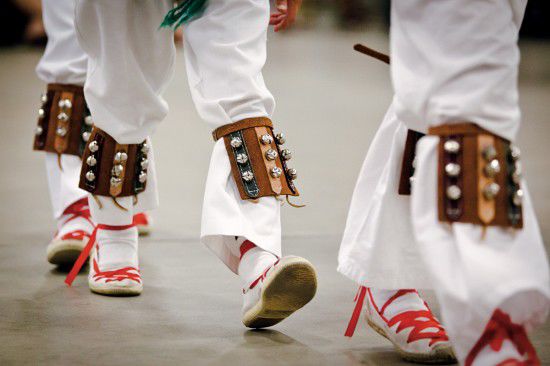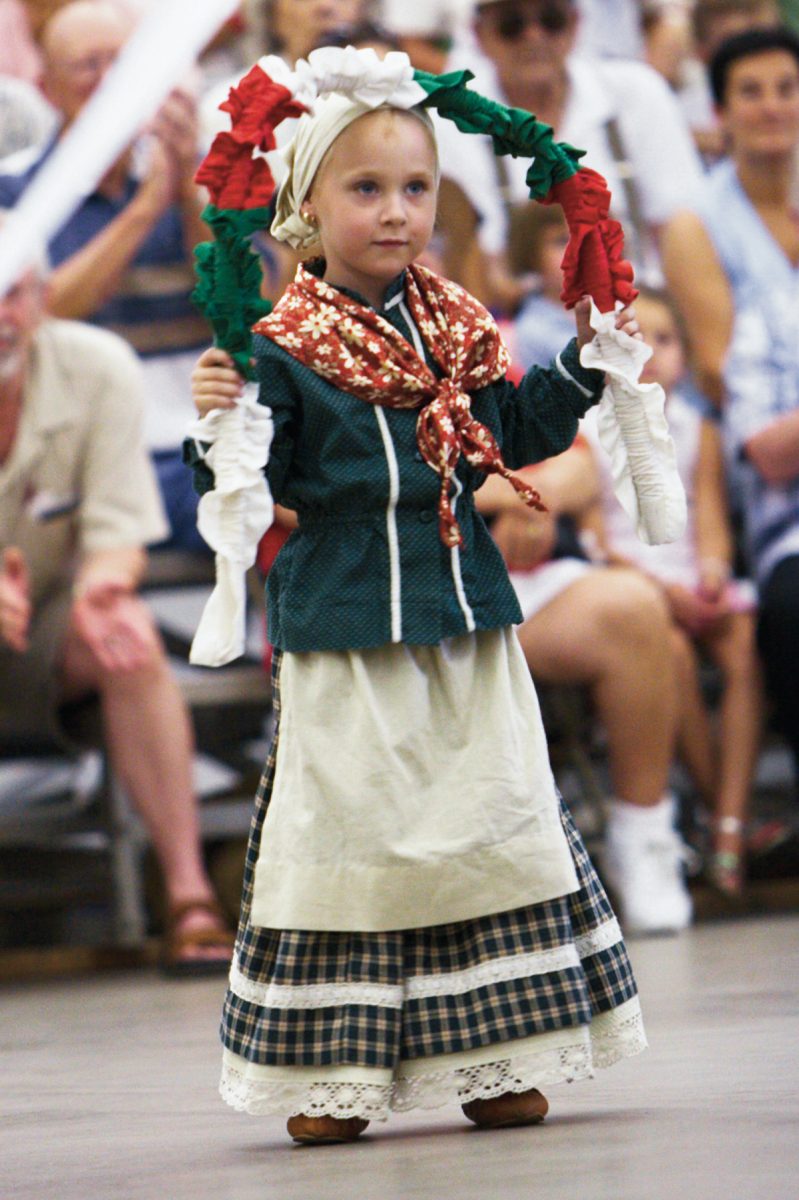Story by Suji Paek
Courtesy Photos Jon C. Hodgson
Upon the seemingly boundless stretches of headlands spanning across the Sierra Nevadas and northward toward the Columbia Plateau, “American Basqueland” reflects the cultural identity of a historically isolated community unified by a singular language and heritage, but unrecognized as a nation of its own.
Whether they hail from the long lost city of Atlantis or are the direct descendents of the first early modern humans, the history of the Basque people is, simply put, one of a kind. Not quite French, not quite Spanish, the Basque identity is more characterized by a shared language, Euskara, than by geographic lines. For younger generation Basque-Americans, “being Basque” is as unique as its cultural heritage.
Considered among the earliest Europeans, Basque immigrants first settled the Western United States around the 1830s, establishing themselves as sheepherders—a relatively untapped niche market—herding, grazing, and shearing their way across the sundry pastoral terrains of Nevada, California, Oregon, and Idaho. Fleeing persecution under the dictatorship of the Franco regime, many Spanish-bordering Basques were joined by their French counterparts, applying their herding knowledge and experience from the Frenchand-Spanish Pyrenees to the ranges of the Western United States.
Spending nine months out of the year in the mountains accompanied by no more than a horse, a tent, and a dog, the Basque have since maintained their own cultural communities within the Western US, creating a markedly distinct Amerikanuak or Basque-American community that is still uniquely, Basque. These days, very few Basques immigrate to the US, and of those who do, none come to herd. Instead, another minority familiar with pastoral herding mainly from South America have replaced the once Basque-synonymous occupation.
Taking a leaf from well known Amerikanuak blogger Blas Pedro Uberuaga, Ethos shares various perspectives on Nor Naiz, Gu Gara (Who I am, We are) – “what it means to be Basque.”
A Basque girl performs a "Garland Dance" at Jaialdi









